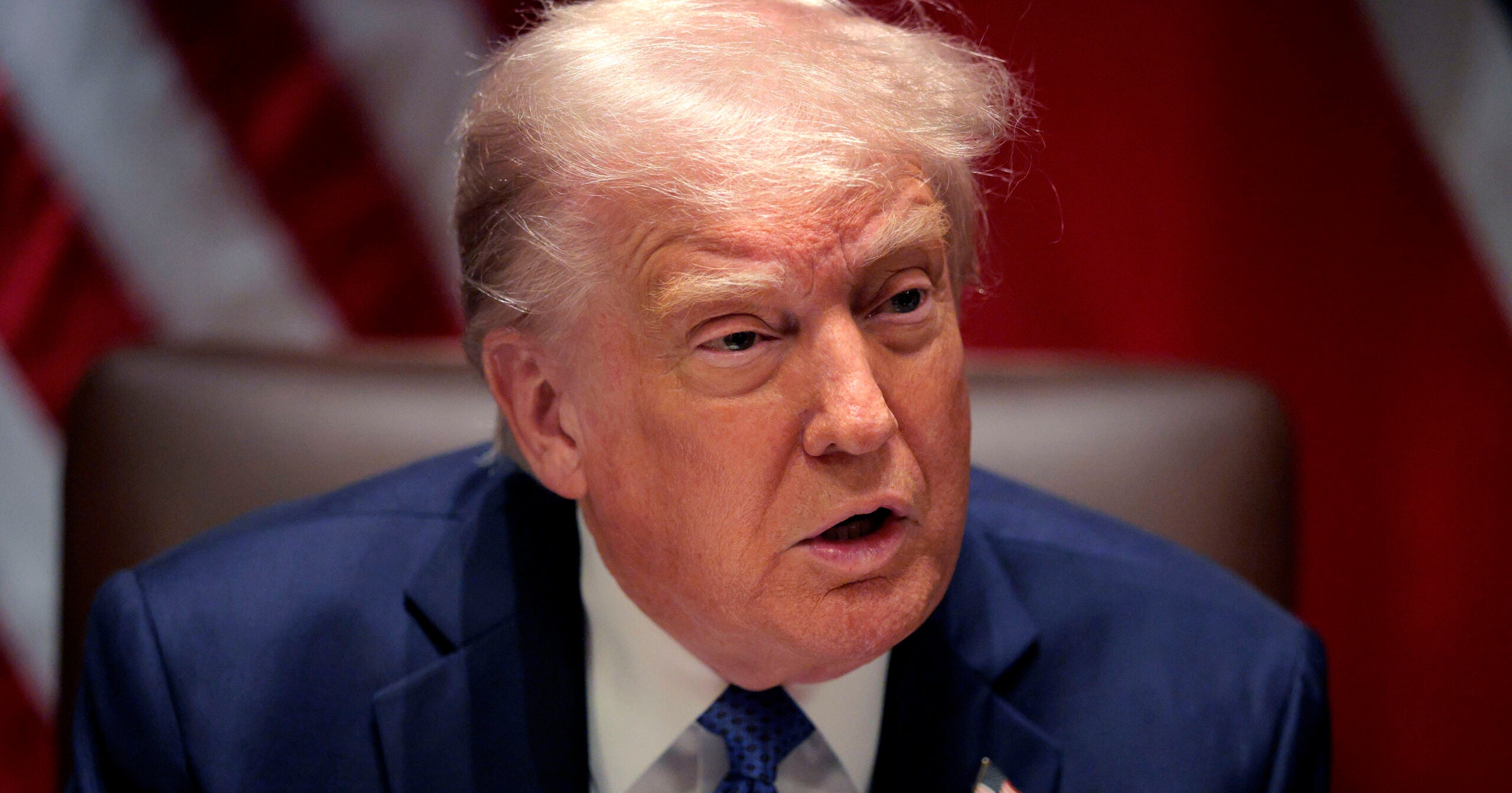Trump needs to revamp his campaign if he wants to win. How can he?
Trump’s easiest path back to the presidency is through focusing on the issues.

The 2024 Presidential election is now in the home stretch, with less than 50 days before Americans go to the polls. For former President Donald Trump, that is just enough time to shakeup his campaign – if he wants to win.
For Trump, who once held a commanding lead over President Biden, but now trails VP Kamala Harris by 6-points (51% to 45%) in Morning Consult’s latest poll, a shakeup is increasingly necessary.
To be clear, this is not to suggest that Kamala Harris has anything near an insurmountable lead, as national polling masks the true state of the race, particularly in swing states.
In those states that will decide the election, RealClearPolitics shows that Harris leads in three – Michigan, Pennsylvania, and Wisconsin – while Trump leads in two – Arizona and Georgia – with ties in the others.
Neither candidate’s lead in any state is greater than 2-points, well within the margin of error, underscoring that this race is still a toss-up.
Moreover, even after the debate, undoubtedly a better night for Harris than for Trump, there was virtually no change in the polls. Following the debate, Harris held a 5-point lead (51% to 47%) among registered voters in ABC News/Ipsos polling, statistically tied with Harris’ 50% – 46% pre-debate lead.
However, it is clear, even to a Democratic strategist, who has also watched Democrats struggle to find a winning strategy in hundreds of elections, that if Donald Trump hopes to be the first U.S. President since Grover Cleveland to win non-consecutive terms, the campaign must make some changes.
Above all else, the first change Trump needs to make is remaining focused on the issues and tying Harris to a Biden administration that just 39% of Americans approve of, per Gallup polling.
In that same vein, at a time when nearly two-thirds (64%) of voters feel the country is on the wrong track, and a majority (52%) say Kamala Harris represents “more of the same” while a similar 49% say Trump is a “major change” per New York Times/Siena polling, tying Harris to the Biden administration will likely prove effective.
Indeed, if Trump reorients his campaign’s messaging strategy to focus on the core issues – the economy, immigration, crime, and foreign policy – he will implicitly draw contrasts between his own record and that of Harris, much to his advantage.
Further, doing so would force Harris to defend the Biden administration’s record in key areas, such as inflation, a surging cost of living, and historic numbers of illegal migrant crossings.
Given that more than six-in-10 (62%) of voters disapprove of Biden’s handling of immigration, and a similar 60% disapprove of the administration’s handling of the economy, forcing Harris to defend her record should be the top priority for the Trump campaign.
In that same vein, clearly talking about specific policy proposals, such as his plans for spurring job creation through lower corporate taxes, removing the state and local tax (SALT) cap, and extending the 2017 tax cuts, would put Harris on the defensive due to her past support for the largest increase in taxes in at generations.
While the economy is typically the most important election issue, a position it figures to also be this year according to Pew Research, Trump stands to benefit by focus on other issues where he has a lead over Harris, particularly immigration.
The former president leads Harris by 12-points (54% to 42%) on who voters think will be better at handling immigration, according to the aforementioned New York Times/Siena poll.
Trump’s advantage on this issue has been relatively consistent, as he leads by a similar 10-points (54% to 44%) in a recent Fox News poll.
Even after the debate, a majority (56%) of viewers polled by CNN said they trusted Trump more on immigration while just one-third (33%) sided with Harris.
To be sure, the other major change Trump needs to make is who he aims to appeal to.
During the debate, Trump spent the majority of the time talking to his base. He praised the January 6th rioters, refused to say he wanted Ukraine to win its war against Russia, and peddled conspiracy theories about Haitian migrants.
That rhetoric may fire up voters who were already planning to vote for the former president, but it does little to convince suburban women, swing voters, or even Republicans wary of a second Trump term that he is the right choice.
Of course, these changes are not radical, although the Trump campaign seems intent on elevating inflammatory rhetoric over issues. As one advisor recently told Politico, in the wake of a potential second assassination attempt, the campaign “will not be talking about the issues.”
Ultimately, the intense polarization and Trump’s fiercely loyal base mean that he can win by eschewing an issues-based campaign in favor of inflammatory, divisive rhetoric that appeals to a narrow bloc of voters.
However, the data is clear: Trump’s easiest path back to the presidency is through focusing on the issues, forcing Kamala Harris to defend the Biden administration’s record, and by appealing to the moderates in the swing states that will decide this election.
Douglas Schoen is a longtime Democratic political consultant.




















